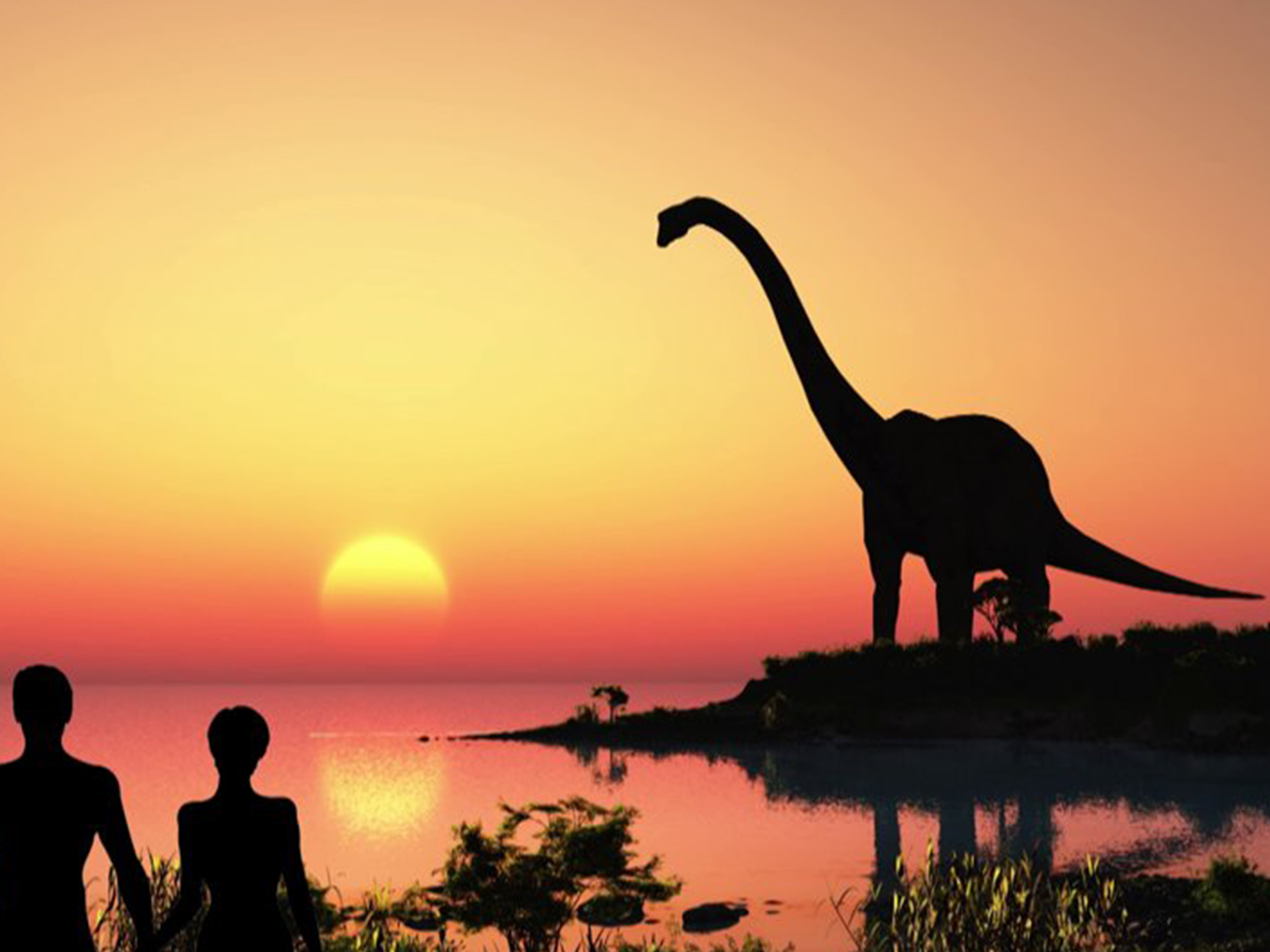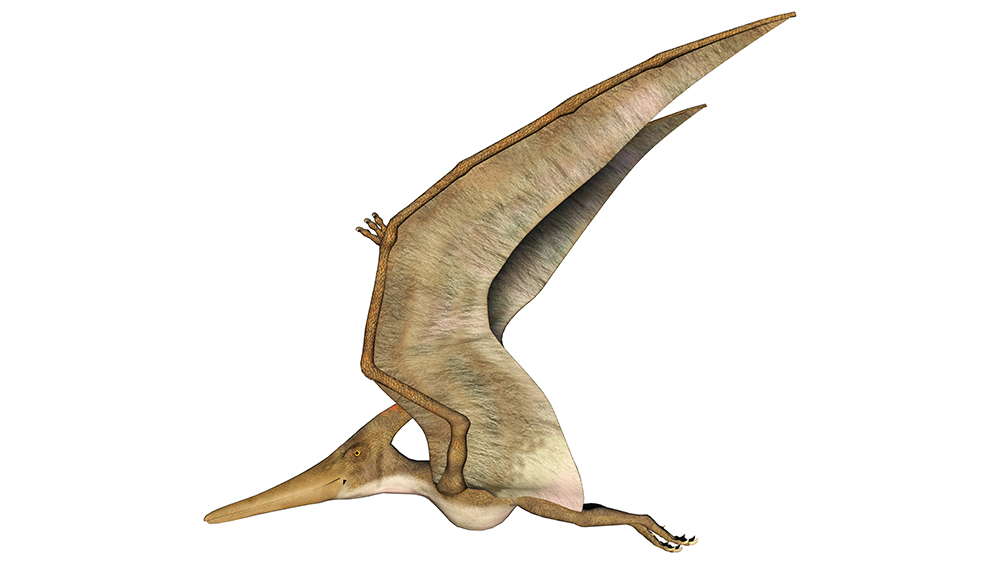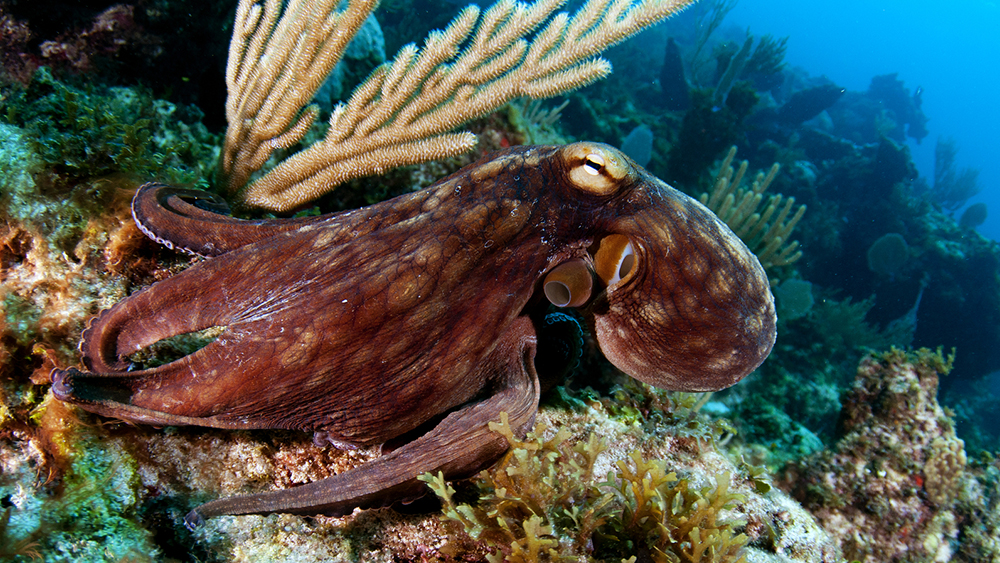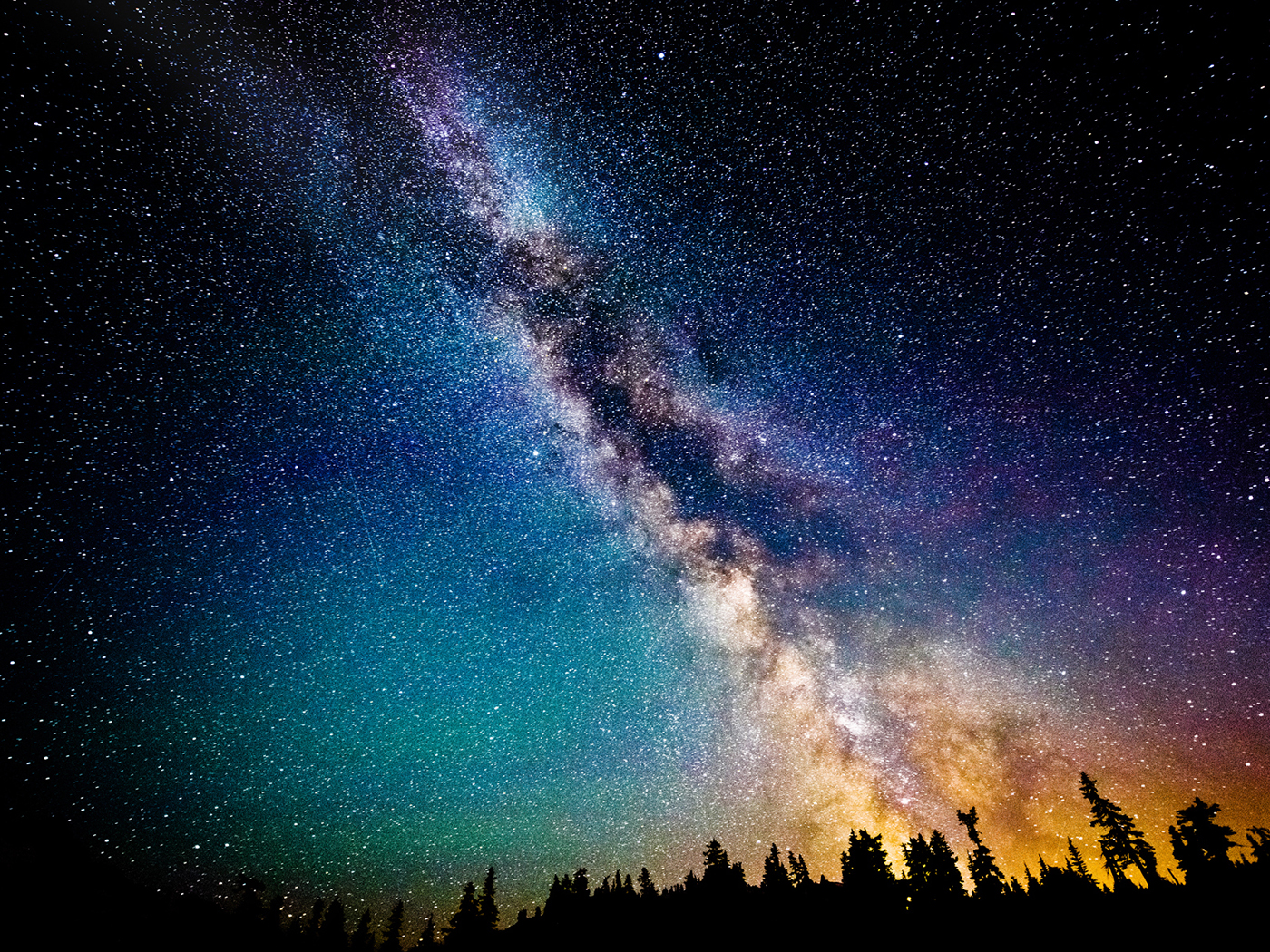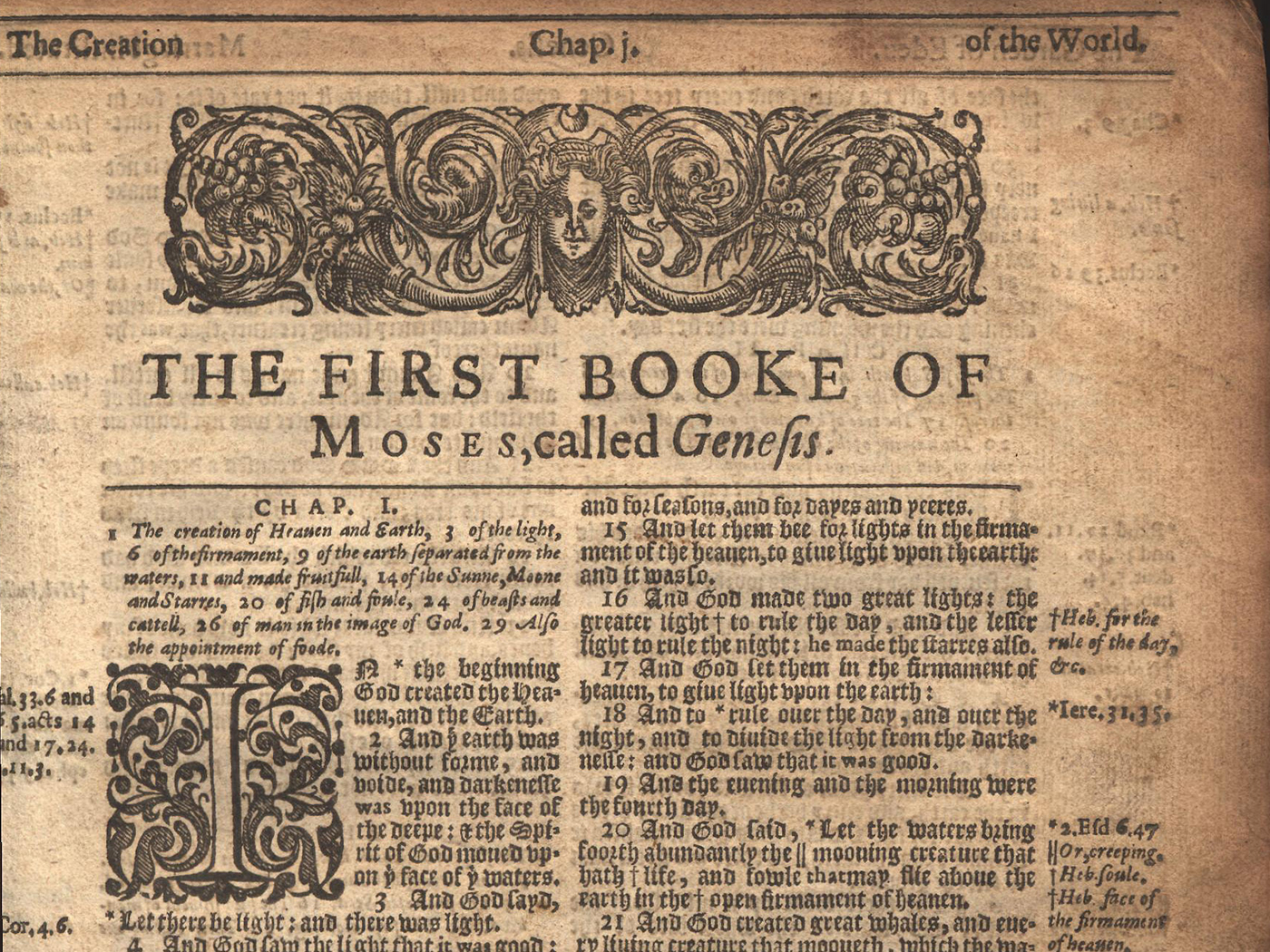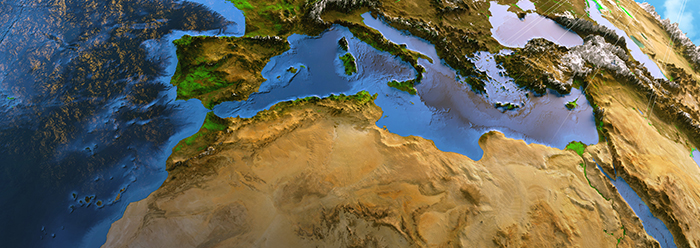
Six Days of Creation
The book of Genesis lays the groundwork for the Christian belief system. It is the foundation of everything that God has undertaken on behalf of humanity. Therefore, we need a correct understanding of Genesis in order to correctly understand our identity, our responsibility, and our future. Should we treat the Genesis account as historical fact? Should we believe in a literal creation? What does Genesis say about what and how God created?
Everywhere we look, we see the design, purpose, complex construction, environmental fit, awesome beauty, and instant camouflage of the creatures created during the end of the creation week. In this series, we’ll talk about how these creatures display God’s handiwork, unpack man’s unique rule over creation, and discover how the gospel is firmly rooted in what God did during those first six days of creation.
1) Introduction and Day One—The Tri-Universe
Genesis 1 says that God created the universe and all it contains in six 24-hour days. This account is not difficult to understand. Its grammatical structure clearly falls within the narrative genre; in other words, it is a historical account. How can Hebrew vocabulary and the doctrine of the Trinity confirm a literal interpretation of the creation week?
2) Day Two—The Firmament
On Day Two of creation, the triune Godhead began “making” and “shaping” the heavens and the earth into an organized and functioning cosmos. He was preparing it to support the life that would be created on Days Five and Six. What exactly were “the firmament” and “the waters above”? How was Earth different from what we experience today?
3) Day Three—Land and Seas
Day Three began with organizational processes acting on the rotating sphere that had been set in motion on the first day and divided into separate “waters” on the second day. What does it mean that God gathered the “seas” into “one place?” What scientific insight can help us understand the primeval shaping of Earth’s elements?
4) Day Three—Plants and "Kinds"
One of the more prevalent theories today is that biological systems developed over long ages by natural processes. But the Bible seems to lump all of plant science into one day’s event. How could that be? Are plants “alive” in the biblical sense? And what exactly is a “kind”?
5) Day Four—Sun, Moon, and Stars
Once the planet had been properly prepared, the earth was ready for its clocks. There must be a time-keeping system for “signs and seasons, and for days and years.” What did God originally say about the purpose of the heavenly lights? And why were the events on the fourth day significant?
6) Day Five—Sea Cucumbers to Sea Monsters
Did you know that oceans cover 70% of the Earth’s surface? The first life God created lived in water, and much of what we call life dwells in the oceans, lakes, and rivers of our planet. What can we learn about different types of skin and scales? And what kind of creature was Leviathan?
7) Day Five—Soaring Birds to Scary Pterodactyls
God was busy on Day Five. Not only did He create water creatures, He also dedicated this day to “the birds of the air.” What Genesis-confirming design details can we observe in the anatomy of flying creatures? Are feathers unique to birds? And how has man applied birdwatching observations to modern technology?
8) Day Six—Cattle, Beasts of the Earth, and Creeping Things
On Day Six, God focused on creating land creatures. He evidently created these vast “kinds” in direct proportion to how they would relate to humans. What distinguishes birds from cattle? How many species represent “creeping things”? And how can we know that Behemoth was a dinosaur?
9) Day Six—Made in God's Image
What does it mean that God “created” in His own “image”? Theologians and students of Scripture have been pondering this concept for millennia. What hints can we find in the Bible? And what does Genesis tell us about man’s unique responsibility as bearers of God’s image?
10) Day Six—Man as God's Steward
At the end of God’s creative activities, He surveyed His work and pronounced it “very good.” Genesis 2 describes how God prepared a special garden in which the man and the woman would begin their stewardship duties. Why did God finish the creation week with a day of rest? What should our relationship with the Owner of all things look like? Discover how the Creator God of the Bible is our source for life and our only means of redemption.
For more radio programs, click here.









